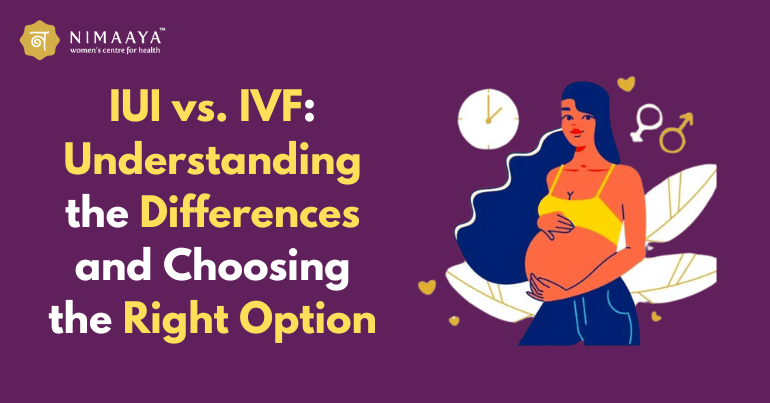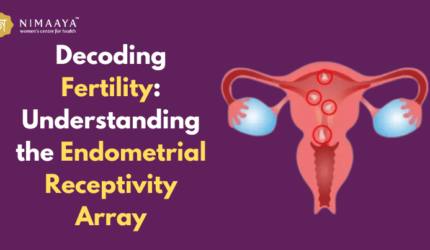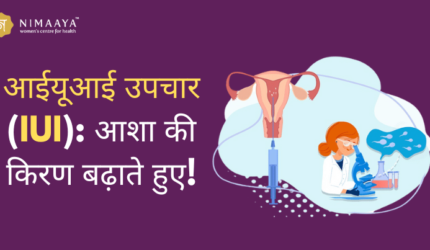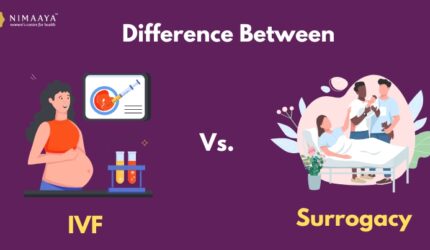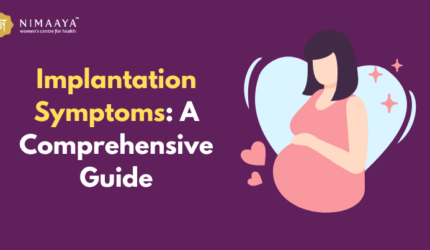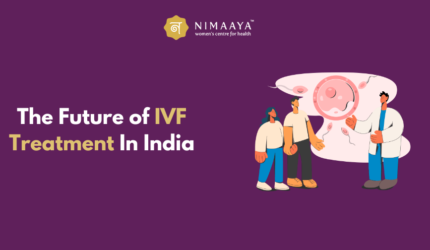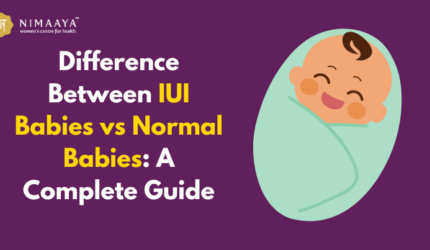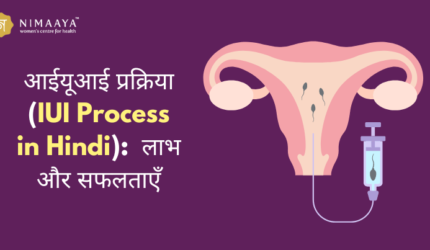Introduction
Embarking on the journey of parenthood is an exhilarating yet challenging experience, especially for those facing fertility hurdles. In today’s medical landscape, assisted reproductive technologies offer hope to countless individuals and couples striving to conceive. Among the array of options, Intrauterine Insemination (IUI) and In Vitro Fertilization (IVF) stand as two prominent contenders. Understanding the nuances between these treatments is crucial for making informed decisions. So, let’s delve into the realm of IUI vs. IVF, deciphering their disparities, success rates, costs, and the factors that steer individuals towards one or the other.
Understanding IUI and IVF
IUI, also known as artificial insemination, involves the direct placement of sperm into a woman’s uterus to facilitate fertilization. This procedure is typically recommended for couples facing mild male factor infertility, unexplained infertility, or cervical issues. On the other hand, IVF is a more complex procedure where eggs are retrieved from the ovaries and fertilized with sperm in a laboratory setting. The resulting embryos are then transferred into the uterus, bypassing potential obstacles to conception.
Difference Between IUI and IVF
One of the primary differences between IUI and IVF lies in the level of intervention and the intricacy of the procedures. While IUI is relatively less invasive and more cost-effective, IVF entails a more intensive process with higher success rates, making it a preferred choice for couples with severe infertility issues or multiple failed IUI attempts. Here are some main factors to consider while differencing:
• Considering Success Rates:
When comparing IUI vs. IVF success rates, it’s essential to acknowledge individual circumstances and underlying fertility factors. Generally, IVF boasts higher success rates, particularly for couples dealing with advanced maternal age, tubal factor infertility, or severe male factor infertility. However, for younger couples with no significant fertility concerns, IUI may yield favourable outcomes at a fraction of the cost.
For couples grappling with specific fertility issues such as advanced maternal age or severe male factor infertility, IVF often emerges as the more promising option due to its higher success rates. IVF’s ability to bypass certain fertility obstacles through assisted reproductive technology contributes to its efficacy in such cases. Conversely, for younger couples without pronounced fertility challenges, IUI can still offer favourable outcomes while being more financially accessible.
Also Read: Decoding Parenthood: Unveiling the IVF Success Rates in India
• Navigating Cost Considerations:
Cost undoubtedly plays a significant role in the decision-making process when weighing IUI vs. IVF. In India, where healthcare expenses are relatively lower compared to Western countries, both IUI and IVF treatments are more accessible to a broader demographic. While IUI tends to be more affordable upfront, the cumulative expenses over multiple cycles can approach the cost of a single IVF cycle. Therefore, couples must assess their financial resources and long-term fertility goals to determine the most cost-effective approach.
When considering the difference between IUI vs. IVF price, it’s essential to recognize that IUI typically entails lower upfront costs compared to IVF. On average, an IUI cycle may cost significantly less than a single cycle of IVF treatment. However, it’s crucial to factor in the cumulative expenses over multiple IUI cycles, as success rates may vary, potentially leading to additional costs.
• Differences in IVF Treatments vs IUI Treatments:
The disparities between IVF and IUI treatments lie in their approach and complexity. In IVF treatments, the process involves stimulating the ovaries to produce multiple eggs, which are then retrieved and fertilized with sperm in a laboratory setting. The resulting embryos are monitored and selected for transfer into the uterus. In contrast, IUI treatments involve the direct insertion of sperm into the uterus, bypassing certain barriers to conception.
While IVF is more intricate and invasive, offering higher success rates, IUI is a simpler procedure that may be recommended for couples with less severe fertility issues. Understanding these differences is crucial for individuals navigating their options on the path to parenthood.
• The Difference in Procedure:
IUI Process:
IUI procedure, While both IUI and IVF are fertility treatments, they vary significantly in terms of procedure and invasiveness. IUI is a relatively simple and non-invasive process, typically performed in a doctor’s office without the need for anesthesia.
IVF Process:
In contrast, IVF involves multiple steps, including ovarian stimulation, egg retrieval, fertilization in the lab, and embryo transfer, often requiring anesthesia and close monitoring throughout.
Also Read: Understanding the IVF Process: Step-by-Step Guide to Assisted Reproductive
Tailoring Treatment to Individual Needs
Ultimately, the decision between IUI and IVF hinges on a multitude of factors, including age, underlying fertility issues, financial considerations, and emotional readiness. While IUI may serve as a viable starting point for some couples, others may opt for the advanced capabilities and higher success rates associated with IVF. By collaborating closely with fertility experts and exploring all available options, couples can embark on a tailored treatment journey that aligns with their unique needs and aspirations.
How to Decide Between IVF and IUI?
Deciding between IVF and IUI requires careful consideration of various factors. Firstly, individuals should assess their specific fertility challenges and underlying conditions, as certain issues may be better addressed with one treatment over the other. Consulting with a fertility specialist is essential to understand the nuances of each procedure and how they align with personal circumstances.
Additionally, factors such as age, financial resources, and emotional readiness should be taken into account. While IUI may be suitable for couples with mild fertility issues or those seeking a less invasive option, IVF may be recommended for individuals with more complex infertility issues or those who have not found success with other treatments. Ultimately, the decision should be made collaboratively with medical professionals, taking into consideration individual needs and aspirations on the journey to parenthood.
Why Should Choose IUI over IVF?
Choosing IUI over IVF can be a suitable option for couples facing specific fertility challenges. IUI, or intrauterine insemination, offers a less invasive and more affordable approach compared to IVF. It can be particularly beneficial for couples with mild male factor infertility, unexplained infertility, or cervical issues. Additionally, IUI may be a preferred choice for individuals who prefer to start with a less intensive treatment option or who wish to avoid the complexities associated with IVF.
Moreover, IUI typically involves fewer medications and monitoring appointments, resulting in a more straightforward and less disruptive process for some couples. Overall, selecting IUI over IVF depends on individual circumstances and preferences, and consulting with a fertility specialist can help determine the most appropriate course of action.
Conclusion:-
In the intricate landscape of fertility treatments, the choice between IUI and IVF hinges on various factors, including individual fertility challenges, financial considerations, and personal preferences. While IVF may offer higher success rates and comprehensive solutions for complex cases, IUI serves as a viable option for individuals with milder fertility issues. Ultimately, consulting with the Best Gynecologists in Surat, such as those at the Nimaaya IVF Center, can provide invaluable guidance in navigating this journey toward parenthood. So, whether it’s IUI or IVF, rest assured that there’s hope and support available to fulfill your dreams of starting or expanding your family.

